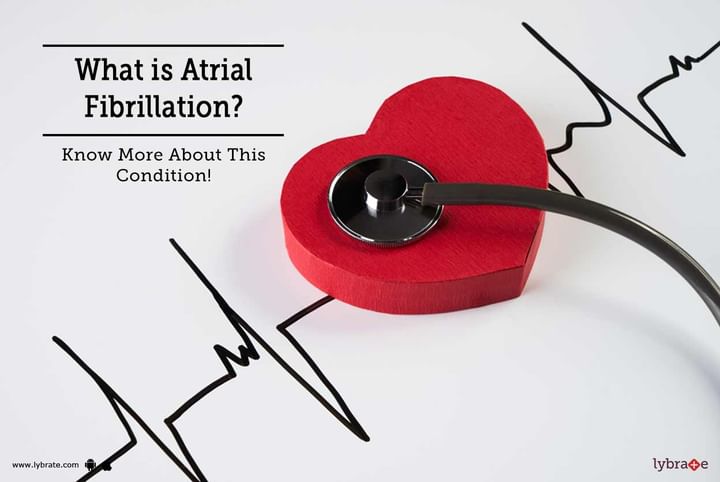What is Atrial Fibrillation? Know More About This Condition!
Atrial fibrillation (AF) is a heart condition, in which your heartbeat is irregular or faster than normal. All four chambers of your heart have to work in a sync, to generate a heartbeat, but in case of AF there is a discoordination between the chambers. The upper two chambers of heart squeeze faster than the lower chambers resulting in an irregular heartbeat.
Who is at risk?
There are many factors that can increase your risk of developing atrial fibrillation. Few of them are:
-
Age: If you are older than 60 years, then you are at a greater risk of developing atrial fibrillation.
-
Heart disease: Having any other heart problem like valve disease, blockage of vessels, congestive heart failure, or a history of heart attack or heart surgery.
-
Metabolic disorders: High blood pressure, being overweight or obese or having diabetes increases your risk of atrial fibrillation.
-
Chronic disorders: Thyroid problems, sleep apnea, chronic kidney disease or lung disease.
-
Drinking alcohol: Daily alcohol consumption or even occasional drinking can not only trigger atrial fibrillation but also puts you at a greater risk.
-
Family history: Family history of atrial fibrillation or heart disease is associated with increased risk.
What are the symptoms of atrial fibrillation?
Palpitations are amongst the few signs of atrial fibrillation that you will observe. Other signs of AF that you may experience are:
-
Weakness
-
Reduced stamina to perform activities like exercising
-
Lightheadedness or dizziness
-
Confusion
How to reduce the risk of developing atrial fibrillation?
To reduce the risk of any heart disease it is important to maintain a healthy lifestyle. Following are the few tips that will help you in developing a healthy lifestyle:
-
Eating a healthy diet
-
Exercising daily
-
Avoiding smoking and consumption of alcohol
-
Maintaining a healthy weight
-
Limiting caffeine intake
-
Reducing stress
-
Practicing meditation or yoga
Atrial fibrillation isn’t life threatening, but if not treated it can lead to certain complications like stroke and heart attack. Therefore, to reduce any further risk, you should keep a check on the early signs and consult with your doctor.


+1.svg)
